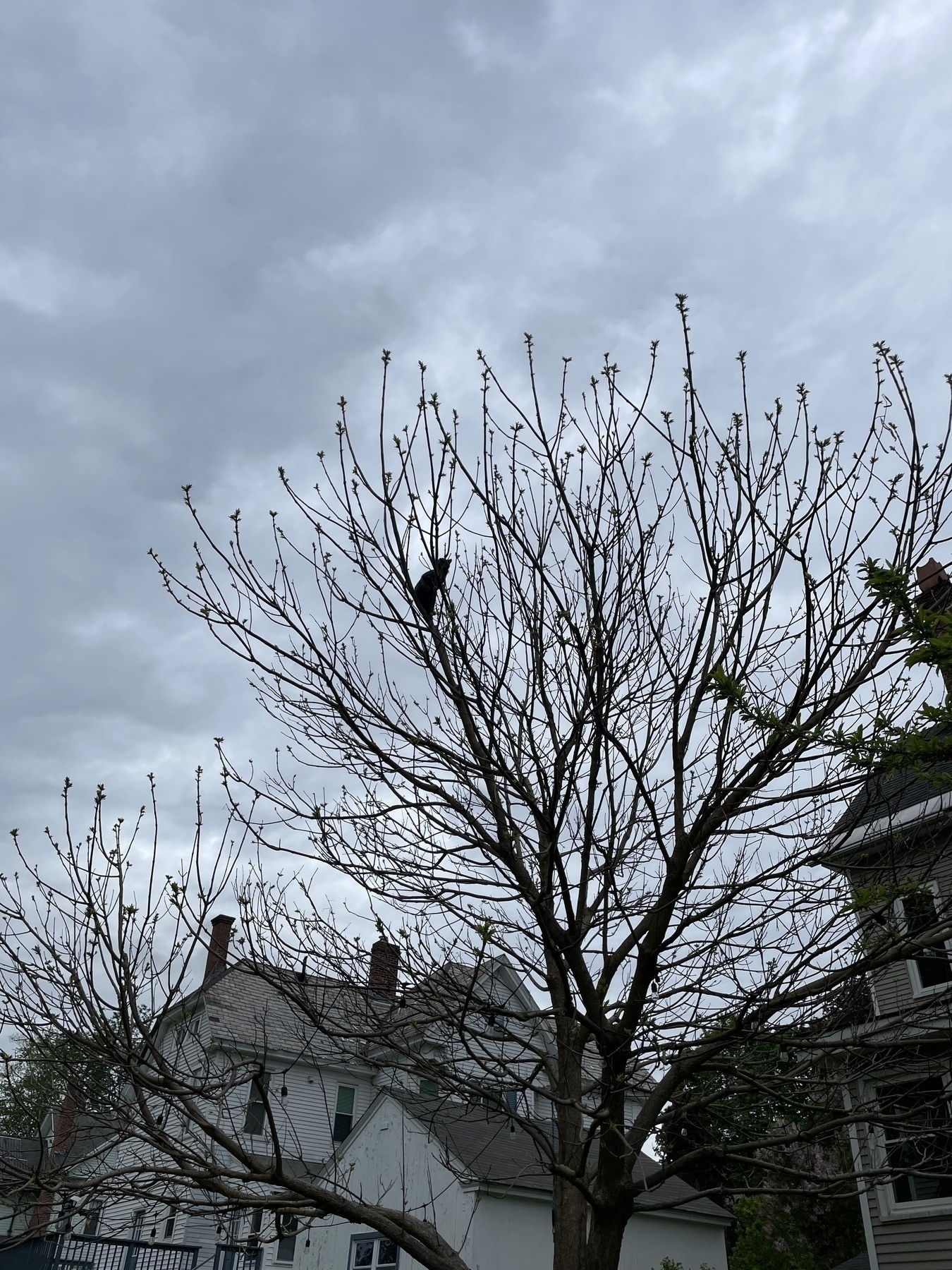Spending some quality time this morning with an early 1990s favorite.

Spending some quality time this morning with an early 1990s favorite.

🔗 How a Connecticut middle school won the battle against cellphones | The Washington Post:
The problem was cellphones. Students were using the devices in class, despite a rule against it. Social media was exacerbating nearly every conflict among students. When Dolphin walked the hallways or surveyed the cafeteria, he invariably saw heads bent over screens.
So in December, Dolphin did something unusual: He banned them.
The experiment at Illing Middle School sparked objections from students and some parents, but it has already generated profound and unexpected results.
Our local school district introduced the same policy two years ago (as well as the same Yondr pouch solution) to similar howls of protest from students and families.
I am generally skeptical of broad claims about how cellphones are ruining a generation of kids or are some sort of unique threat. These claims have all the markers of a classic moral panic and do not seem all that different from the same sort of claims that have been made about comic books, rock and roll, TV, and video games.
When the policy was originally announced here in town, it felt a bit like an act of desperation. We were in the midst of a pretty disastrous return to in-person learning after COVID and administrators were pretty much throwing everything at the wall. Got some grant money to buy these pouches? Sure, why not? It seemed to me at the time like the district’s limited resources would be better focused on recruiting and retaining teachers, but whatever—couldn’t hurt to try.
There were, of course, a torrent of complaints—mostly in local Facebook groups, but also during public comment at School Committee meetings—about this policy. It was a waste of money, students need their phones, what if there’s a school shooting, and on and on.
Two years later, the phone pouch policy has turned out to be pretty innocuous. For the most part, the kids put their phones in the pouches at arrival each morning and take them out as they leave the school during dismissal. No one seems all that bothered by the policy and process at this point, and none of the problems the complainers were speculating about have actually manifested.
🔗 America Can’t Quit Intermittent Fasting | The Atlantic:
But it still isn’t clear whether intermittent fasting leads to lasting weight loss, let alone any of the other supposed benefits. What sets apart intermittent fasting from other diets is not the evidence, but its grueling nature—requiring people to forgo eating for many hours. Fasting “seems so extreme that it’s got to work,” Janet Chrzan, a nutritional anthropologist at the University of Pennsylvania and a co-author of Anxious Eaters: Why We Fall for Fad Diets, told me. Perhaps the regime persists not in spite of its difficulty, but because of it.
I know people swear by fasting and its various benefits but people have sworn by basically every fad diet for the last 100 years.
Maybe it works, maybe it doesn’t. I am skeptical of any diet and this one bears all the hallmarks of the genre.
I have finally gotten around to filing the last few months’ worth of CD purchases that had been piling up on top of the CD player and I feel pretty good about it.
I am celebrating by listening to Up On the Sun by the Meat Puppets.

I was reading a review of some new link-saving app and was about to click Install to give it a try. Then I remembered that link-saving apps—like read-it-later services—are where things go to die.
I don’t need yet another digital attic where I can squirrel stuff away, telling myself that I will get to it later when I have time. I do not need to have some complicated system of reminders or whatever to point me back to this pile of archived crap to review it. And I definitely do not need a bunch of integrations and workflows to push links tagged with such-and-such to this app or that website or that service over there.
None of this stuff needs to be that complicated.
If it’s interesting, I’ll read it now. If it’s useful, I’ll write it down. At most, I will leave it sitting in a browser tab for a few days and if I haven’t gotten to it by the end of the week, I’ll close it.
🔗 Faced with RTO mandates, some top tech talent left instead - The Washington Post: Researchers drew on resume data from People Data Labs to understand the impact that forced returns to offices had on employee tenure, and the movement of workers between companies. What they found was a strong correlation between senior-level employees departing directly after a mandate was implemented, suggesting these policies “had a negative effect on the tenure and seniority of their respective workforce.
🔗 Ugh, now I have to buy a record player:
I can’t bring myself to pay for digital files of songs I already pay to access, and I can’t be bothered to painstakingly curate a huge MP3 library. Those days are gone. Although I have no opposition to pay for digital media or software in general, I’m not sure my principles extend to buying the same thing effectively twice. But vinyl could be an interesting way to buy something a little different and support the artists I love.
This captures my feelings as well, although most of my purchasing tends to be of CDs rather than vinyl.
Miss Scarlett likes climbing the tree in the back yard. Fortunately, it is surprisingly easy for her to get down.

I will admit to wondering how many of the people shouting about the Apple ad with the industrial press actually own or have recently used any of items that were shown getting crushed in the industrial press.
And yes, I’m sure you own and use many of them and are busily typing up outraged reply, but this whole kerfuffle has all the hallmarks of an internet pile-on where a bunch of people feel they have to be outraged about something because they’re seeing other people being outraged about it.
Like, who cares? It’s an advertisement?
While everyone is (rightfully) talking about Steve Albini, let’s not forget about Craw, a criminally underappreciated Cleveland band from the early 1990s. Albini produced some of their early stuff. I was lucky enough to be at Case Western when they formed and were playing shows around Cleveland pretty regularly, especially at the Euclid Tavern (and nearly always with some awesome Derek Hess poster art). They played pretty brilliant and challenging post-hardcore in the days before the genre crawled up its own butt and turned into “math rock”.